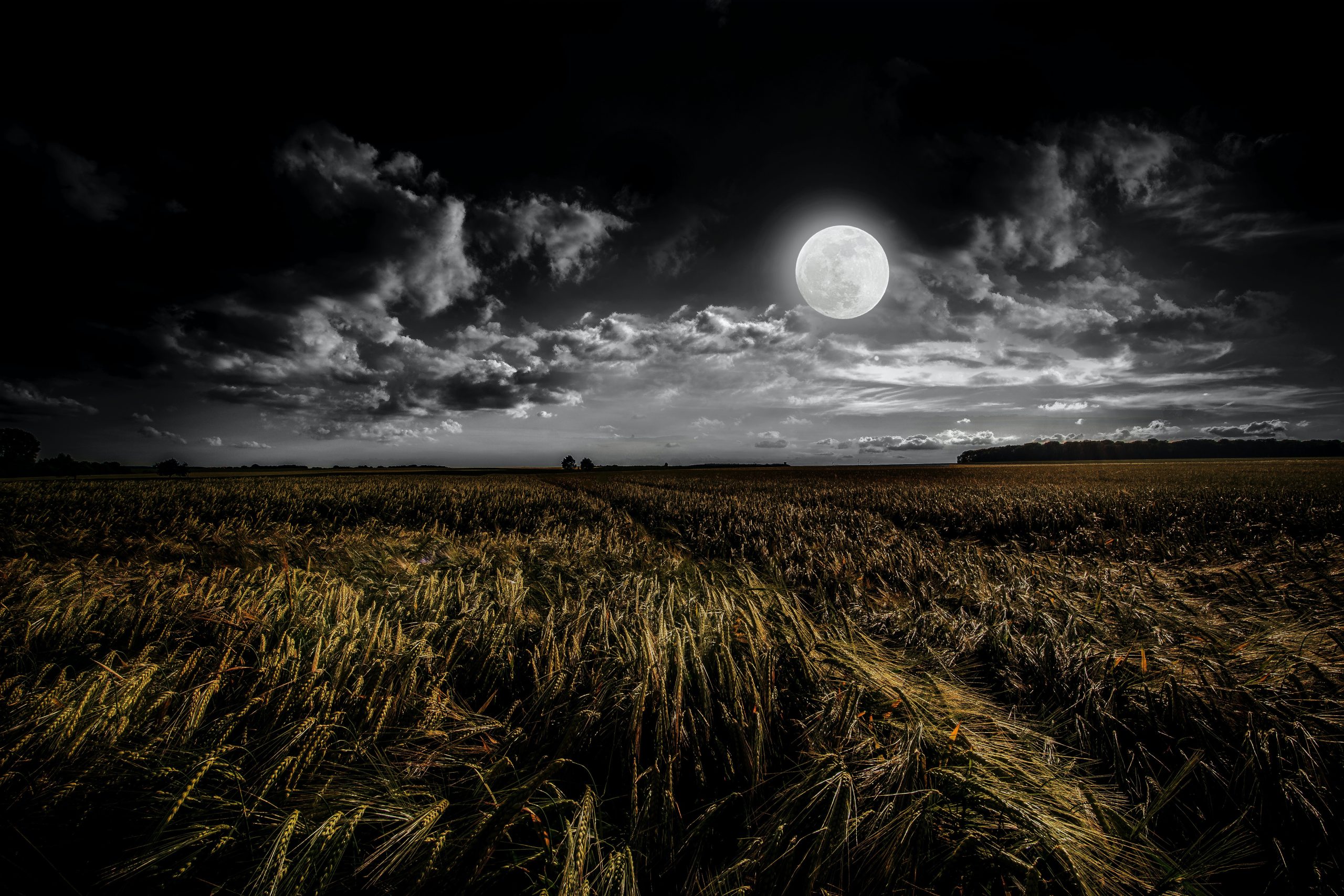What is a Moon Festival?
The Moon Festival, also known as the Mid-Autumn Festival, is a traditional Chinese celebration that takes place on the 15th day of the 8th month in the lunar calendar. It is one of the most important festivals in Chinese culture and holds significant cultural and historical importance. This festival is celebrated not only in China but also in many other Asian countries such as Taiwan, Vietnam, Singapore, and Malaysia.
The Moon Festival is a time for families to gather and give thanks for the bountiful harvest of the year. It is also an occasion to pay homage to the moon and celebrate the reunion of family members. The festival is centered around the full moon, which symbolizes peace, prosperity, and abundance.
The Legend Behind the Festival
One of the most popular legends associated with the Moon Festival is the story of Chang’e, the Moon Goddess of Immortality. According to ancient Chinese mythology, Chang’e was married to a skilled archer named Hou Yi.
It is believed that long ago, there were ten suns which scorched the Earth, causing chaos and suffering. Hou Yi, armed with a powerful bow and arrows, shot down nine of the suns, saving humanity from disaster. As a reward for his heroism, he was given a magical elixir that could make him immortal.
Hou Yi, however, did not consume the elixir immediately. He wanted to save it for a time when he needed it the most. One day, while Hou Yi was away hunting, a wicked apprentice sought to steal the elixir. Chang’e, fearing that the apprentice would consume the elixir and become an invincible tyrant, swallowed it herself to prevent any harm.
After consuming the elixir, Chang’e immediately floated up to the heavens and settled on the moon. Hou Yi, upon returning home and discovering what had happened, was grief-stricken. He placed offerings on an altar table under the moonlight to pay tribute to his beloved wife.
This legend forms the basis for the Moon Festival, where people make offerings to Chang’e and celebrate the love and longing between family members.
Traditions and Customs
The Moon Festival has a variety of customs and traditions associated with it. These traditions vary across different regions in China and other countries celebrating the festival, but they all share a common theme of family togetherness and reverence for the moon.
Mooncakes
One of the most iconic elements of the Moon Festival is the mooncake. These delectable pastries are round in shape, symbolizing the full moon, and are typically filled with sweet bean paste, lotus paste, or other flavors such as salted egg yolk or red bean paste.
Mooncakes are traditionally shared among family members and friends during the festival. They are often given as gifts to show love and appreciation. Mooncakes have become an art form in themselves, with intricate designs and flavors being created each year.
Midnight Stroll
Another popular tradition during the Moon Festival is to take a midnight stroll under the moonlight. Families and friends gather together to enjoy the beautiful sight of the full moon and appreciate its significance. The soft glow and tranquil atmosphere create a sense of serenity and harmony.
During the midnight stroll, people often carry brightly lit lanterns, adding to the magical ambiance of the festival. Lanterns are shaped like animals, flowers, or traditional symbols and are often made by hand.
Dragon and Lion Dances
In many regions, especially in cities and towns, dragon and lion dances are performed during the Moon Festival. These vibrant and lively dances involve groups of people who manipulate and dance under giant dragon or lion puppets. The performances are accompanied by the beat of drums, cymbals, and other traditional musical instruments.
Dragon and lion dances are believed to bring good luck and fortune to the community. They are often a highlight of the festival, drawing crowds of locals and tourists alike.
Families Reunion
The Moon Festival is also a time for families to come together and enjoy a hearty meal. Family members who live away from home often make the effort to return and reunite with their loved ones. The reunion dinner is a special occasion where families share delicious food, exchange stories, and express gratitude.
It is common for families to set up a table outside their homes during the festival, adorned with offerings such as fresh fruits, mooncakes, and burning incense. The table represents an altar to honor Chang’e and to invite blessings from the moon. It is a symbol of gratitude for the abundance in life.
Conclusion
The Moon Festival, with its rich history and vibrant customs, holds a special place in the hearts of many people around the world. It is a time to express love, gratitude, and reunite with family. The festival’s traditions, such as mooncakes, moonlit strolls, dragon and lion dances, and family reunions, have been passed down from generation to generation, forming an integral part of Chinese culture and heritage.
As the full moon graces the night sky, it serves as a reminder of our connection to one another and the beauty of the world we live in. The Moon Festival is a celebration of unity, peace, and the eternal bond between loved ones.
So, the next time you see the moon shining brightly, take a moment to appreciate its beauty and reflect on the importance of the Moon Festival. Remember the legend of Chang’e, the sacrifices made for love, and the joy of being surrounded by family.
Table of Contents
